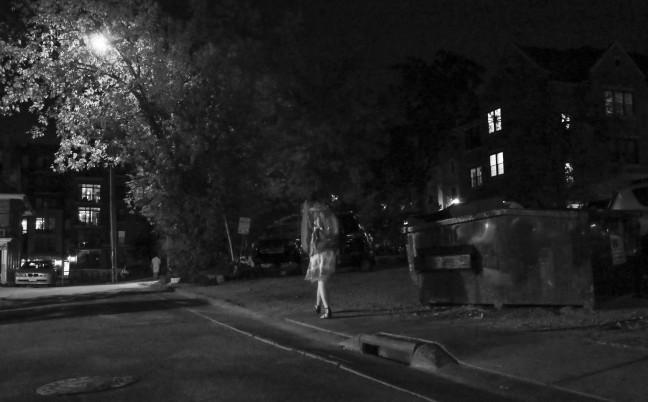Editor’s Note: Michael Marzion was cleared from the charges of sexual harassment by two investigations, and the article has been changed to properly reflect that.
With the prominence of sexual assaults on college campuses and recent events that have pushed them into the public spotlight, the last thing the University of Wisconsin-Milwaukee needed was an instance that undermined collegiate law enforcement.
UWM Police Captain Michael Marzion, the former police chief, on first glance, did not seem to take this under consideration. Marzion was just recently fired after he sent sexual messages to a student at UWM. The student had filed a complaint over these messages. However, in the end, while Marzion’s behavior was found to be “inappropriate,” the reports proved conclusively that no sexual harassment occurred.
Firstly, and most importantly, we have to assess what kind of message inappropriate behavior such as this is sending to society. When one might not feel comfortable to count on someone like the police chief, who can a student turn to? On the national level we have the president implementing such programs like It’s On Us, but what about on the state level? UWM is Wisconsin’s second largest university, yet with the recent negative press it has received, including the UWM fraternity incident, it may be making negative progress in assuaging student fears and fostering a safe campus environment.
Milwaukee and its campus police enforcement need to be seeking new and improved mechanisms on handling sexual-related issues. This goes beyond programs in universities themselves, but a statewide education system for all.
A state that seems to be quite the trendsetter for controversial topics has just recently enacted a new law. California’s Yes Means Yes law was signed by Gov. Jerry Brown on Sept. 29, and it formally defines sexual consent. Now, silence or the lack of protest do not constitute a “yes.” The bill also directs funding to train campus officials in handling sexual assaults. This is certainly a necessary provision, as in many cases, sexual assaults are mishandled (which the U.S. Department of Education found in May).
At the Madison level, UW Police Department Chief Susan Riseling said recently she was concerned about the drop in sexual crimes on campus. As alarming as this may sound, she had a point. The percentage of girls who are sexually assaulted before they graduate does not coincide with a decrease in crime. As a result, there can only be one answer: Not all assaults are being reported.
There are many reasons for this, but the most disturbing deterrent is the thought by victims that law enforcement will not act on one’s reports. After seeing cases like Marzion’s, which will undoubtedly strain relationships between campus officials and students, it’s no wonder that some victims have inhibitions about coming forward. Our society is in reverse on the issue of sexual crimes, and a number of factors make it seem that we aren’t going to make substantial progress anytime soon.
As a female college student, I personally am fed up with it all. Wisconsin’s universities are becoming known for horrible incidents because of the mismanagement of sexual assaults and, most recently, inappropriate action by an authority figure.
Shannon Skebba ([email protected]) is a sophomore majoring in international studies with a certificate in global health.














